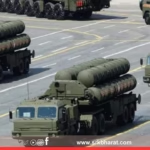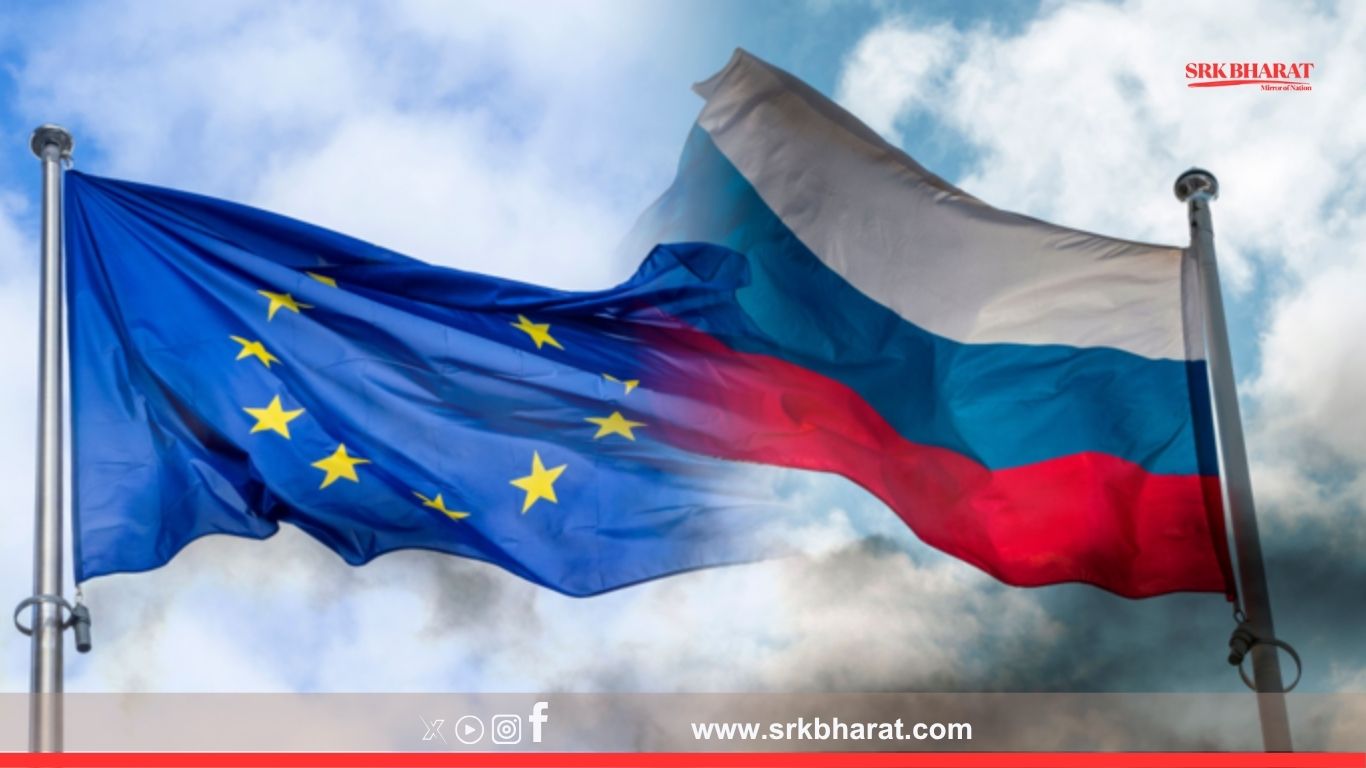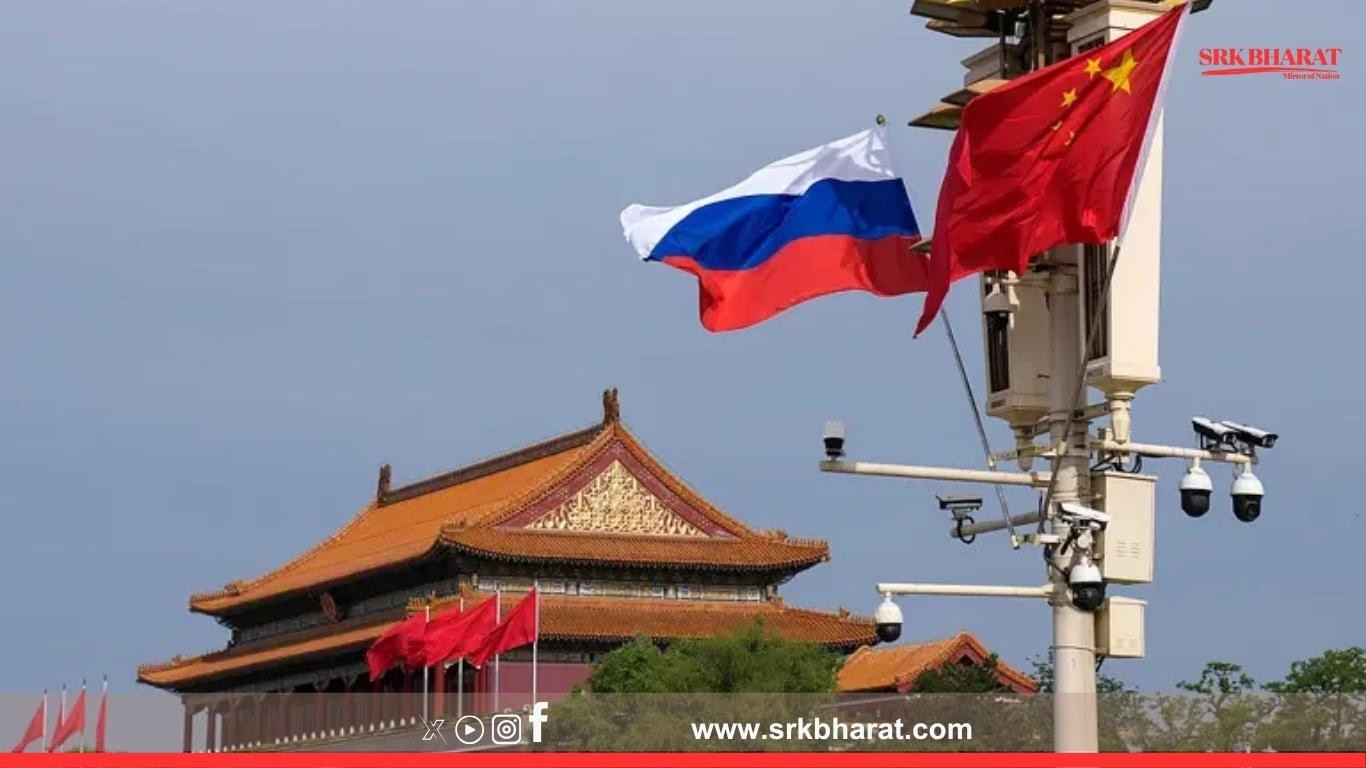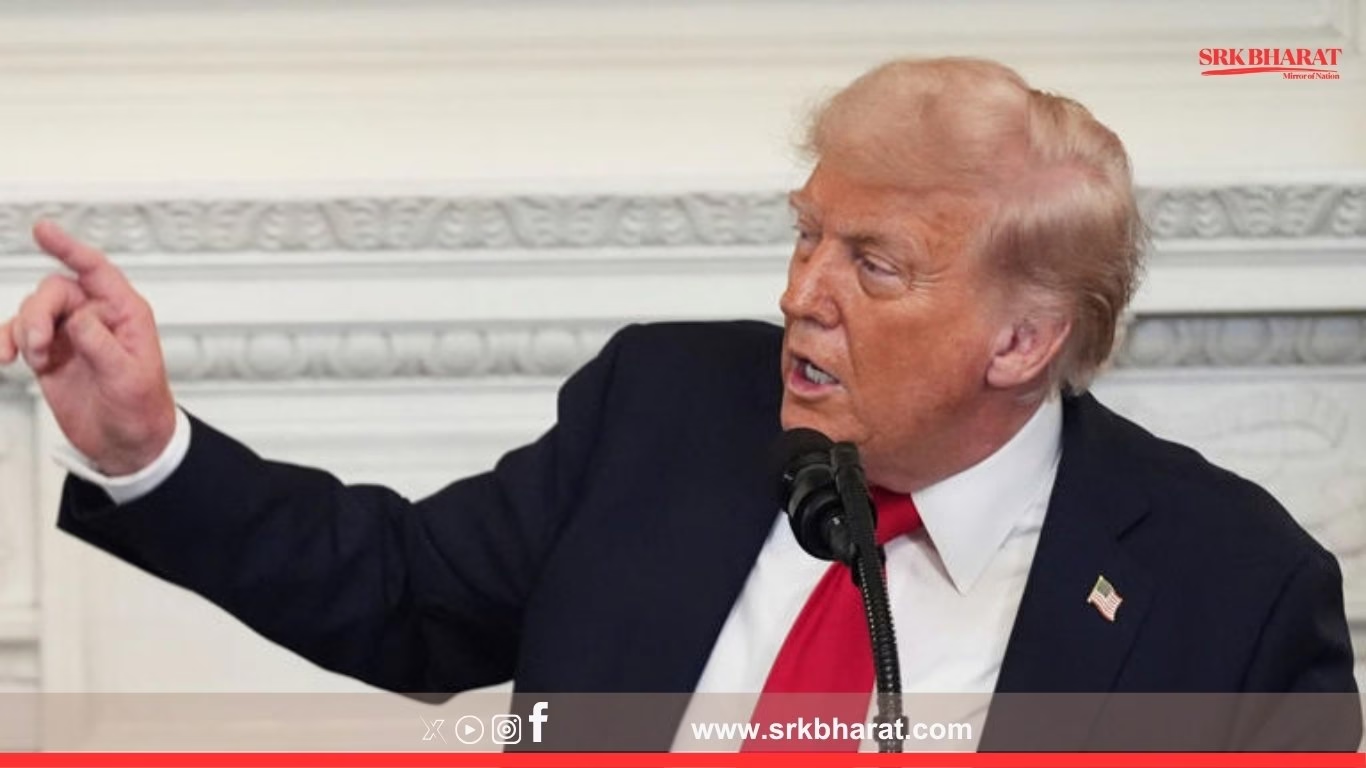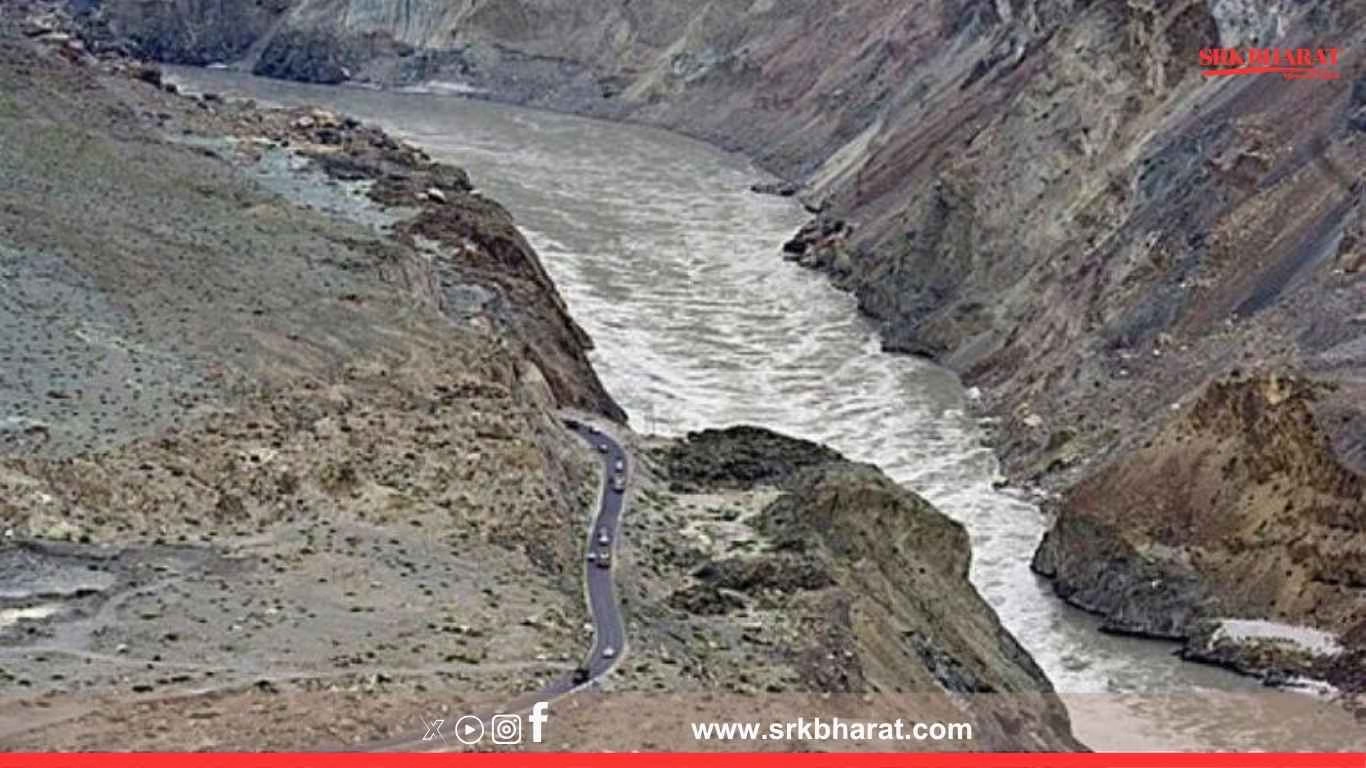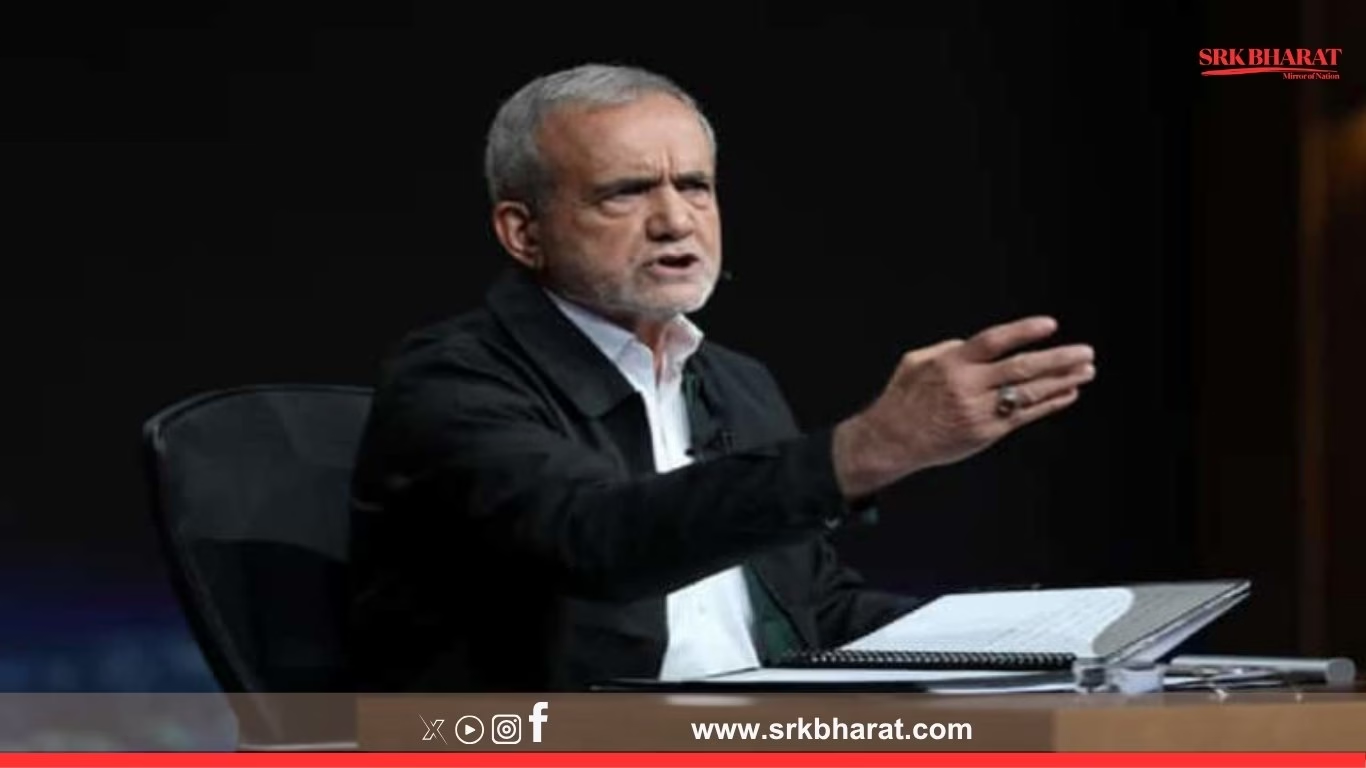The European Union has extended its economic sanctions on Russia for another six months, reaffirming its stance against Moscow’s ongoing war in Ukraine. The decision, made during a high-level summit in Brussels, ensures that the sweeping measures—first imposed after Russia’s 2022 invasion—will remain in effect until at least early 2026.
🛑 What the Sanctions Cover
- Freezing of over $234 billion in Russian central bank assets held in EU jurisdictions
- Restrictions on financial institutions, energy exports, and military-related goods
- Blacklisting of 342 ships and plans to add 70 more to counter Russia’s “ghost fleet” used to bypass oil export bans
- Proposed expansion to include 22 more Russian banks and non-EU companies, including Chinese firms, accused of aiding sanctions evasion
⚠️ Internal Friction and Veto Threats
- The extension required unanimous approval from all 27 EU member states
- Hungary, often seen as Kremlin-friendly, had previously threatened to block the renewal but ultimately relented
- A proposed 18th sanctions package was stalled by Slovakia, which is seeking guarantees on gas supplies amid the EU’s push to end Russian energy imports by 2027
“Despite internal disagreements, the EU remains committed to tightening economic pressure on Moscow,” said an EU official
🔍 Strategic and Economic Implications
- The sanctions aim to reduce Russia’s revenue streams, particularly from energy exports that fund its war efforts
- The EU is also considering lowering the oil price cap from $60 to $45 per barrel, though its effectiveness is debated given current market prices
- The move comes amid broader geopolitical shifts, including U.S. strikes in Iran and China’s growing role in global energy trade
📌 Why It Matters
- Reinforces the EU’s long-term commitment to Ukraine’s sovereignty
- Highlights growing energy security concerns and intra-EU divisions
- Signals continued use of economic tools as geopolitical leverage
🔁 Share this article to stay updated on Europe’s evolving sanctions strategy and its global ripple effects.



